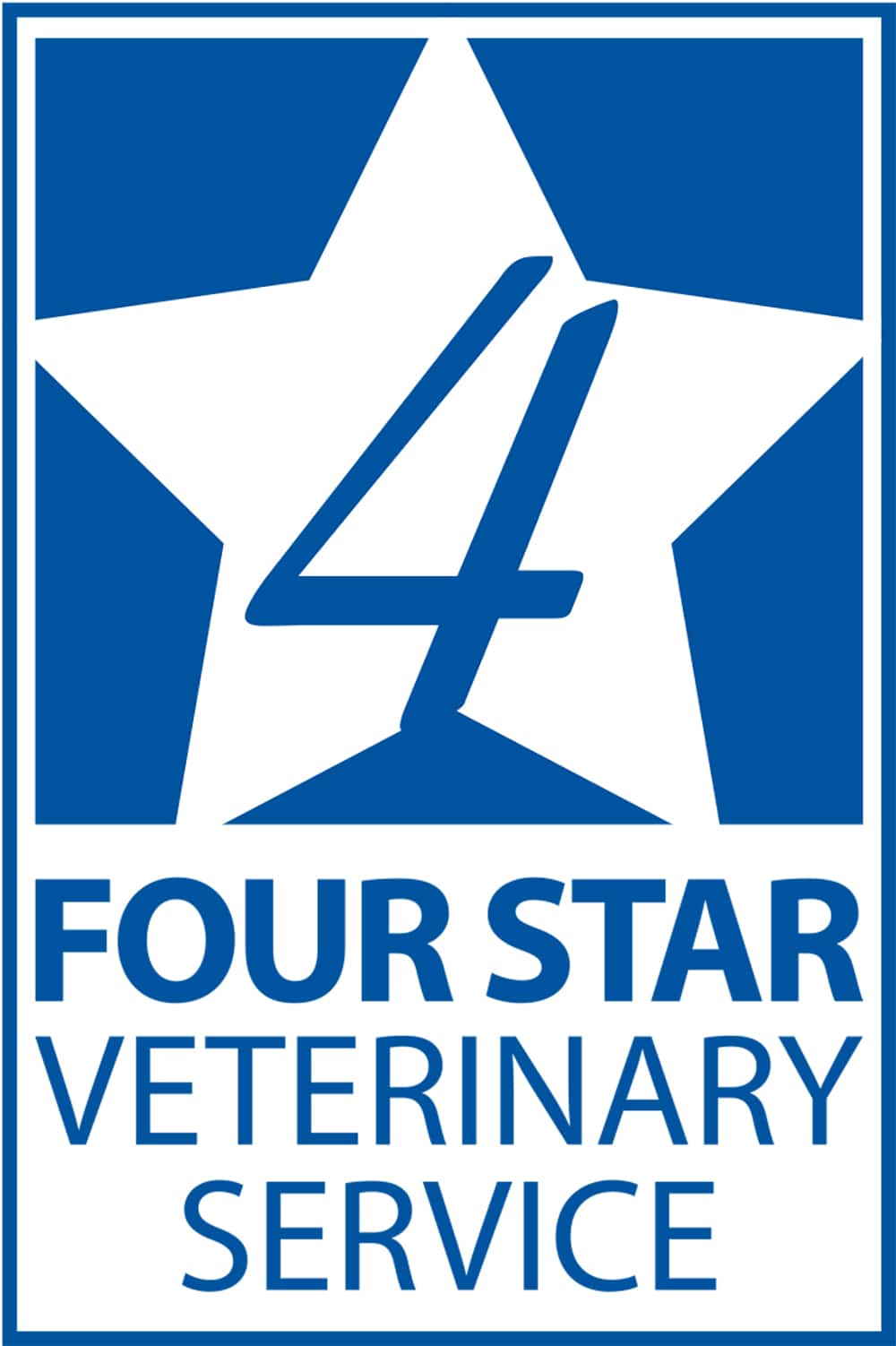
Early identification and treatment of calf scours is the best way to prevent serious health issues in newborn calves, according to Trey Gellert, DVM, Four Star Veterinary Service in Chickasaw, Ohio.
Scours are the leading cause of death for calves during their first 35 days of life. The major causes include bacteria (Clostridium, Escherichia coli and Salmonella), viruses (rotavirus and coronavirus) and parasites (Cryptosporidium parva, coccidiosis and Giardia).
“It’s not necessarily the scours we worry about but the symptoms the scours can cause,” Gellert said. “Calves possess the capacity to fight most types of scours. It’s the dehydration due to scours that will kill a calf.”
He recommends several management tips to help keep calves healthy.
Identify early
“The focus during the first 2 weeks of life should be looking for signs of dehydration because you expect calves to be scouring,” he said. “If I expect it, then I’m more likely to intervene earlier.”
Caregivers should check calves daily, looking at manure and watching for slow or lethargic calves. “If a calf is just a little slower than usual, that’s the calf you need to pay attention to,” Gellert explained. “It might not be scours, but it’s important to figure out why that calf is a little off.”
He recommends doing a skin-pinch test on the calf’s neck to see if the animal is dehydrated. If the skin does not snap back quickly, the calf is dehydrated and needs rehydration. Other signs of dehydration are a dry nose or gums.
Sunken eyes also indicate a problem. “The more sunken the eyes, the more dehydrated the animal will be,” he said. “This is a later stage of dehydration and a lot of people will notice it. The calf also may be lying down and very dull because it doesn’t have enough energy to get up. We have to do a lot of fluid replacement to get these calves back to a correct status.”
Rehydration treatments
Many different oral electrolyte products are available to rehydrate calves. Gellert suggests working with a veterinarian to find the correct electrolyte balance to help the calf absorb and hold water. These compounds also have alkalizing agents to buffer acidosis that occurs with scours.
The replacement fluids are administered orally, subcutaneously or intravenously. Oral fluids are most easily given but work the slowest of the three methods. Fluids given subcutaneously under the skin work faster than oral, but the fluid must still be absorbed.
“I like to use a combination of oral and subcutaneous in cases that are severe enough to call for more than just oral rehydration,” Gellert said. “This method will give you your best success.”
Intravenous fluids given directly into the blood stream work rapidly but are generally given by a veterinarian.
Some cases of scours like bloody scours will require more than rehydration. Gellert recommends bringing in a fecal swab or feces to be tested to help determine the causative agent. Depending on the results, an appropriate treatment plan will be determined.
Preventing scours
A pre-calving or pre-freshening vaccination protocol will help protect newborn calves against major causes of scours like E. coli, rotavirus and coronavirus.
“Cow-calf herds should look for good colostrum protection,” Gellert said. “It will give systemic immunity and local gut immunity against early calf scours.”
Oral products are also available for the newborn calf to help protect against bacterial causes of scours. These need to be administered in the first 24 hours after birth to be effective.
Basic biosecurity also helps reduce scours. Gellert recommends making sure calves are born in clean, dry environments to decrease disease pressure from scour-causing pathogens.
“For dairy beef calves, make sure everything is clean and disinfected including nipples, bottles and pens,” Gellert added. “Simple things like that will help decrease disease pressure.”
Other basic biosecurity safeguards apply, like disinfecting a nipple bottle when shared between calves. Boots can pick up scours, and the caregiver will walk the pathogen through the barn. Make sure caregivers wear clean clothing and boots.
“A good-quality milk replacer also gives the calf the energy it needs to fight scours so the calf can mount its own immunity to these diseases,” he added.
